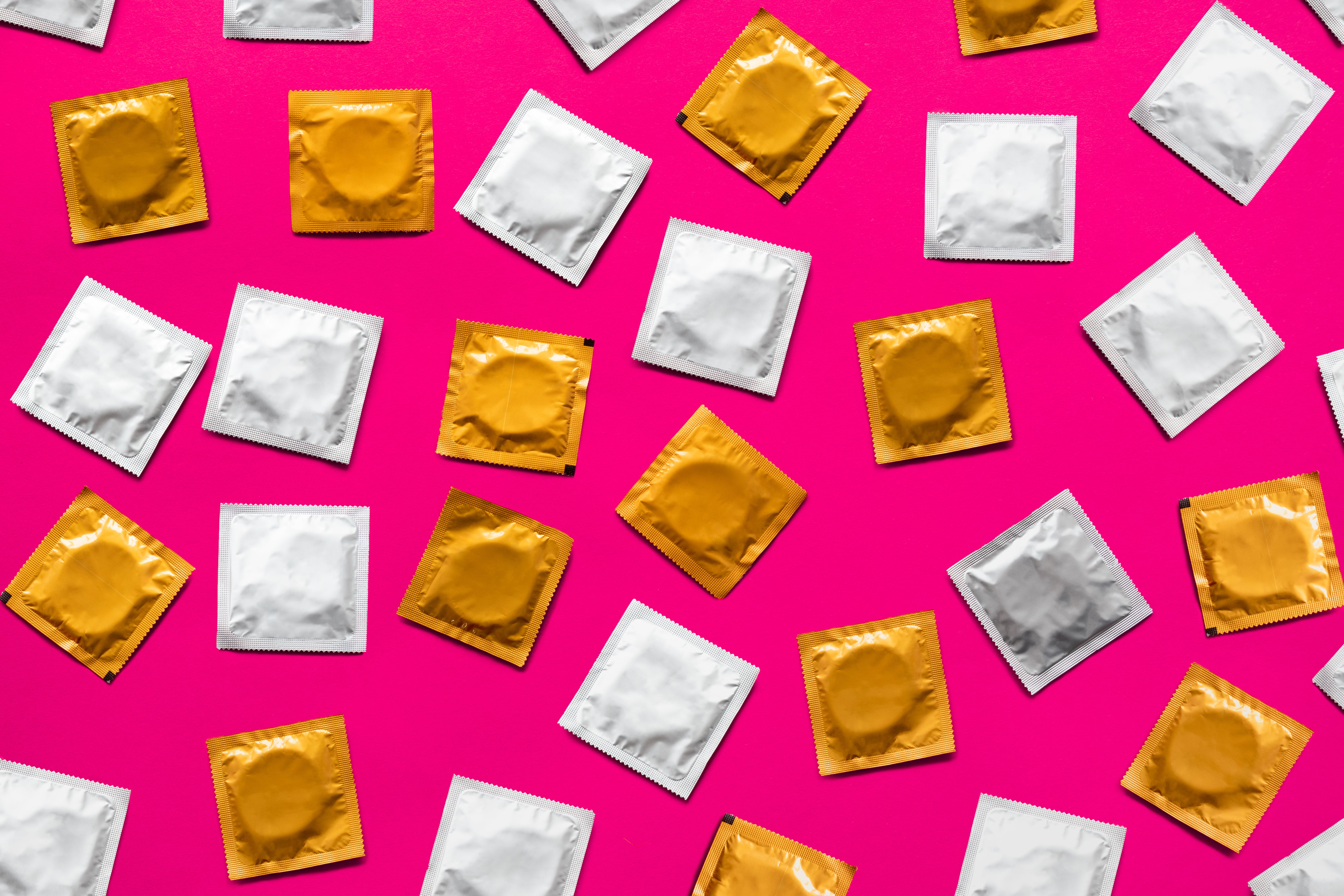As a doctor, I’m worried by your post-pandemic sexual behavior
Predictive models from other pandemics say we’ll go through a period of excessive socialization — and what I’m seeing in my clinic suggests that STIs will explode as a result

As a medical student and later as a resident in rotations, I read about, but never actually saw, congenital syphilis (mother-to-child transmission of syphilis). It’s just that rare — and according to the WHO, worldwide, congenital syphilis is declining (albeit slowly). But according to a report by the CDC, in the US it's up 279 percent from 2015. And other STIs are also up: since 2015, syphilis is up 74 percent, chlamydia 19 percent and gonorrhea is up 56 percent. For physicians, those numbers are astounding and a glaring indicator that we are doing something tragically wrong as a society.
We are also about to see the STI epidemic get worse. In his new book Apollo’s Arrow: The Profound and Enduring Impact of Coronavirus on the Way we Live, Dr Nicholas Christakis predicts that human beings will "seek out extensive social interaction"after the pandemic. His prediction is based on behavior in past pandemics: during the worst of the outbreak, people tend to get more insular and religious, and after the outbreak they push the envelope in terms of social interaction (think the roaring 20's after the 1918 flu pandemic). But perhaps Ricki Harris put it best in his recent piece in Wired titled "The Spit-Swapping Roaring-’20s Post-Pandemic Summer Terrifies Me”. He fears that we will face real consequences from this episode of post-pandemic socialization and sex. As a doctor, I can confirm his fears are real — and I'm worried, too.
I’m a urologist, meaning I specialize in treating the urinary system of both men and women, and the male genitalia. My public and private practice patients are beginning to trickle back in, vaccinated, but with urological conditions that have gone practically untreated for over a year. And I'm not only seeing more patients with prostate and bladder cancer, kidney stones and urinary tract infections; I am also seeing a significant uptick in patients with untreated STIs.
Recently, I saw a young, male patient for the fourth time. Each time, he came in for treatment of the same ailment: genital warts. I asked why he was behaving in such a risky manner and my patient told me that not only did he not like to use condoms, but many of his friends (male and female) also had warts and didn't use condoms, either. They would get them burned off and go back to their sex lives. This wasn't an isolated case for me, either. Regardless of age, education or other socio-economic circumstances, many of my patients don't take basic sexual health precautions; they just don't seem to care, nor do many of my patients seem to fully understand the risks.
While some people may feel social anxiety after over a reclusive year lived online, a fear of venturing out into public life isn't what most of my patients are talking to me about. Instead, they are chomping at the bit to go out to clubs, bars, restaurants, outings with friends, and other unmasked social gatherings. In other words, people are looking to get back to life pre-pandemic, and then some.
The problem is that pre-pandemic life boasted record levels of sexually transmitted infections (STIs) in the US and other countries. According to the CDC, one in five Americans has an STI.
We know that the Covid-19 pandemic had multiple negative impacts on other areas of public health in the US and other countries. Elective and non-emergency services were put on hold, and patients looking to avoid contagion were reluctant to see their doctor for regular checkups or for concerns they had that, under normal circumstances, they would have sought medical attention for.
According to a recent study published in the American Journal of Preventive Medicine, "the COVID-19 pandemic impacted routine sexually transmitted infection services, suggesting an increase in syndromic sexually transmitted infection (STI) testing and missed asymptomatic cases." By 'syndromic' the authors mean the STIs have symptoms. But many STIs don't, which, as a doctor, frightens me even more. According to the Centers for Disease Control, for example, some surveys estimate that only about 10 percent of men and 5 to 30 percent of women with chlamydia develop symptoms. I can confirm that I am seeing those statistics in the flesh — and their consequences.
Most STIs can be treated, although if found too late they can lead to cancer, infertility or even death. In an ideal post-pandemic world, I'd like to see more hand-washing, sneezing into elbows and condom-wearing — all things we already knew we should do but had become lax about as a society.
And as we move into what I (and others) predict could be an era of post-pandemic promiscuity, listen to this urologist and take care of yourself and others by practicing safe sex. If you don't know how then see your family doctor, nurse practitioner, or medical specialist. If the pandemic taught us anything it's that, as a globally interconnected society, we have to be more responsible for our own behavior and the lives, and bodies, we put at risk with our choices.
Join our commenting forum
Join thought-provoking conversations, follow other Independent readers and see their replies
Comments
Bookmark popover
Removed from bookmarks